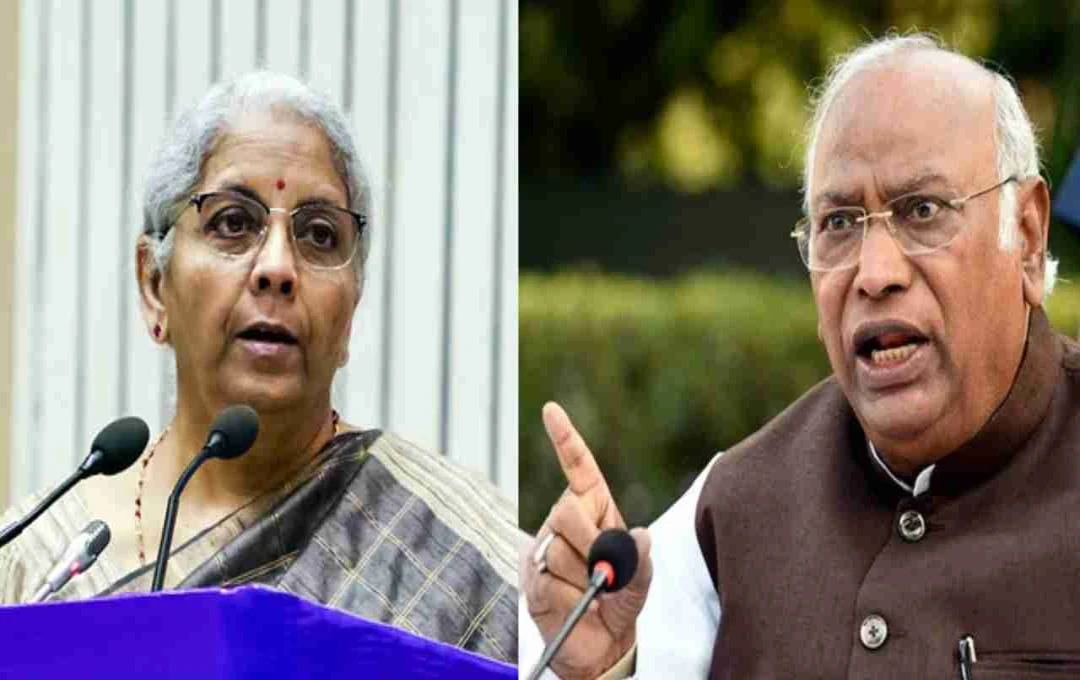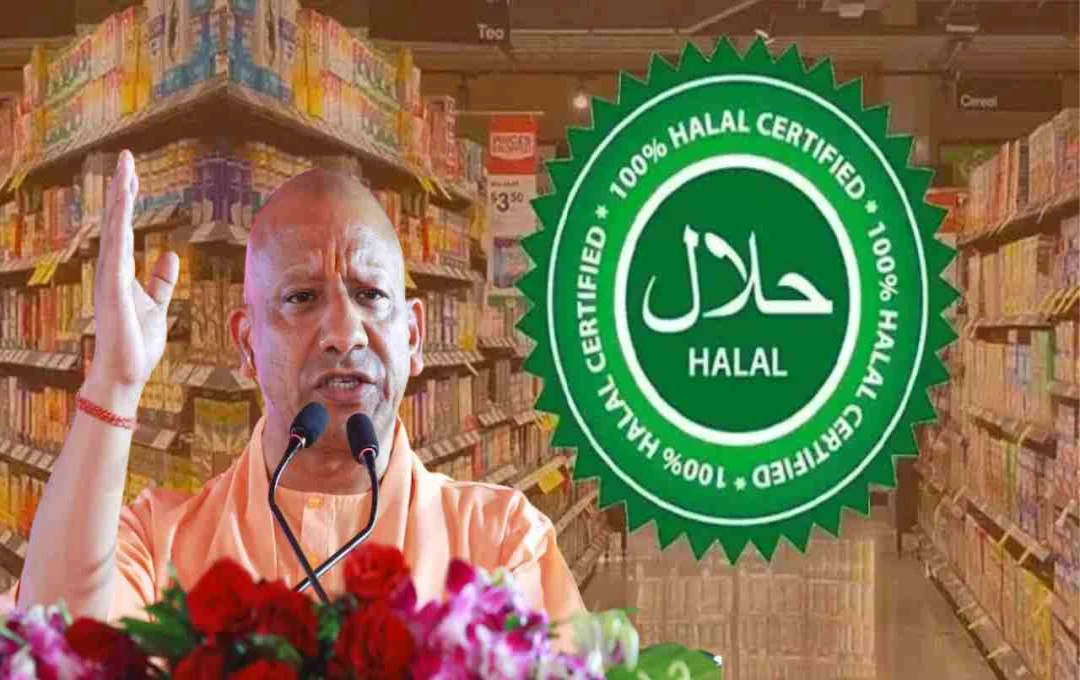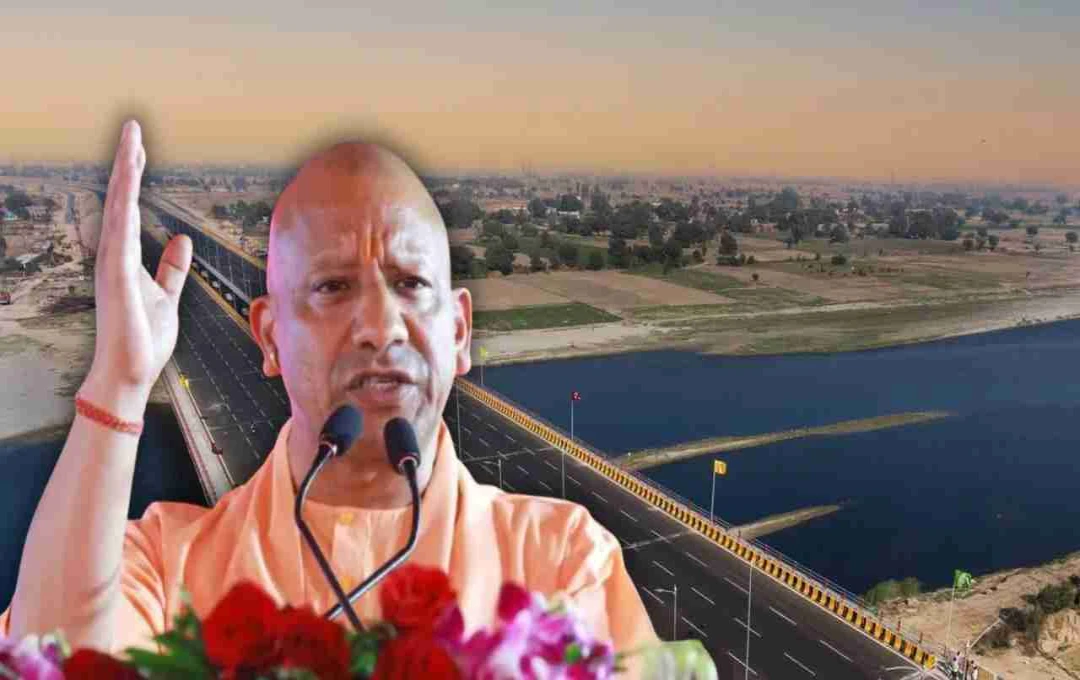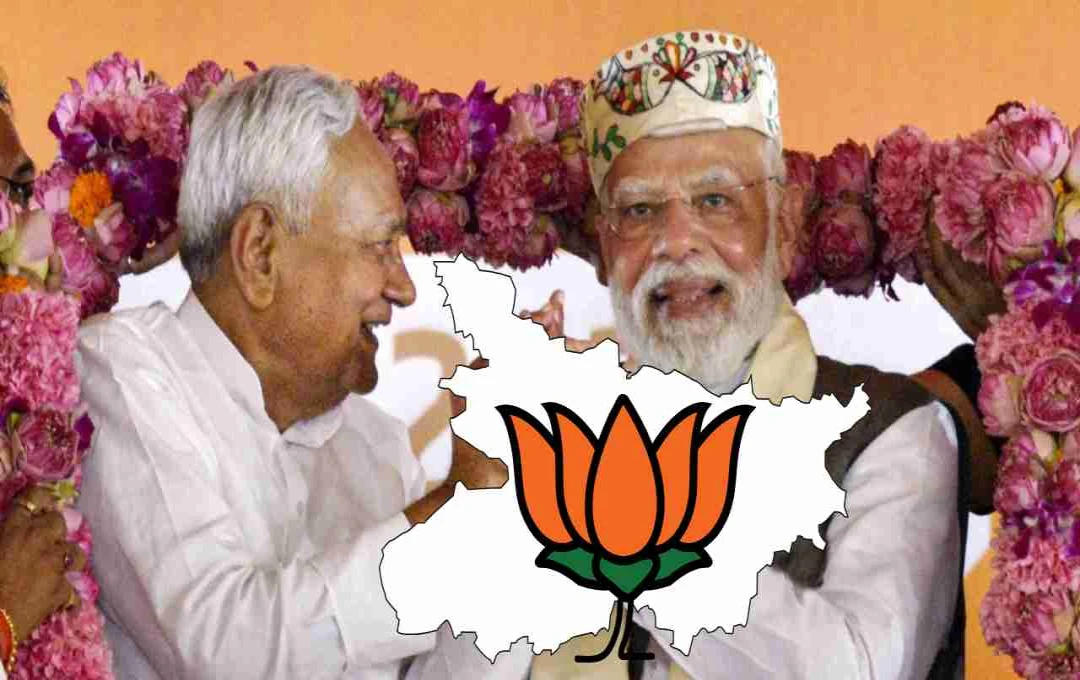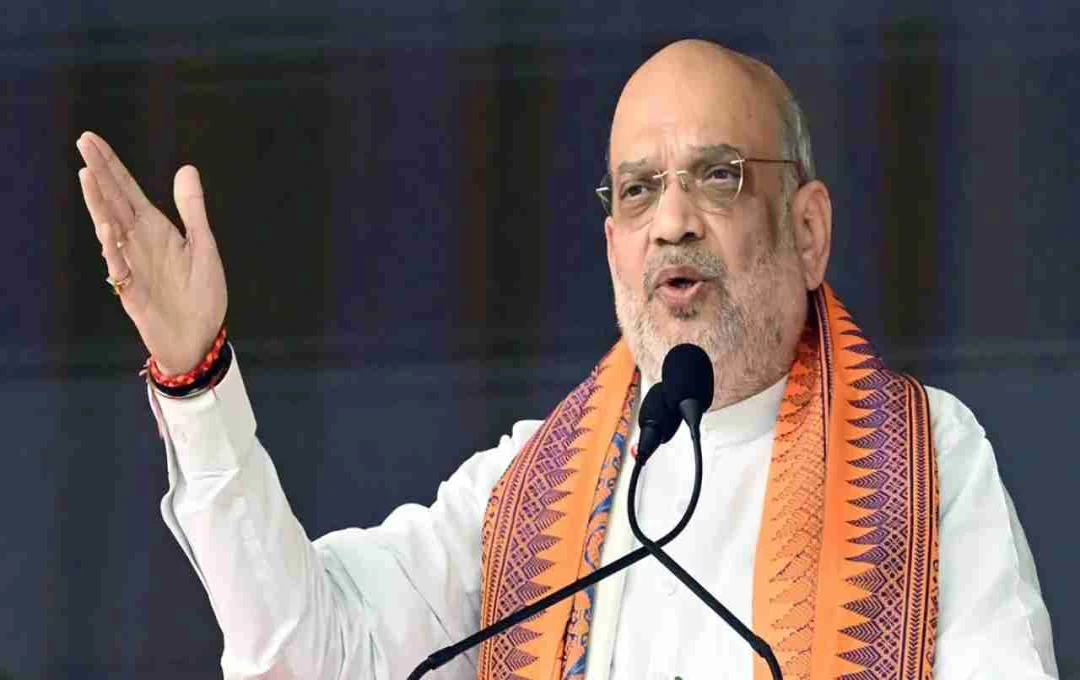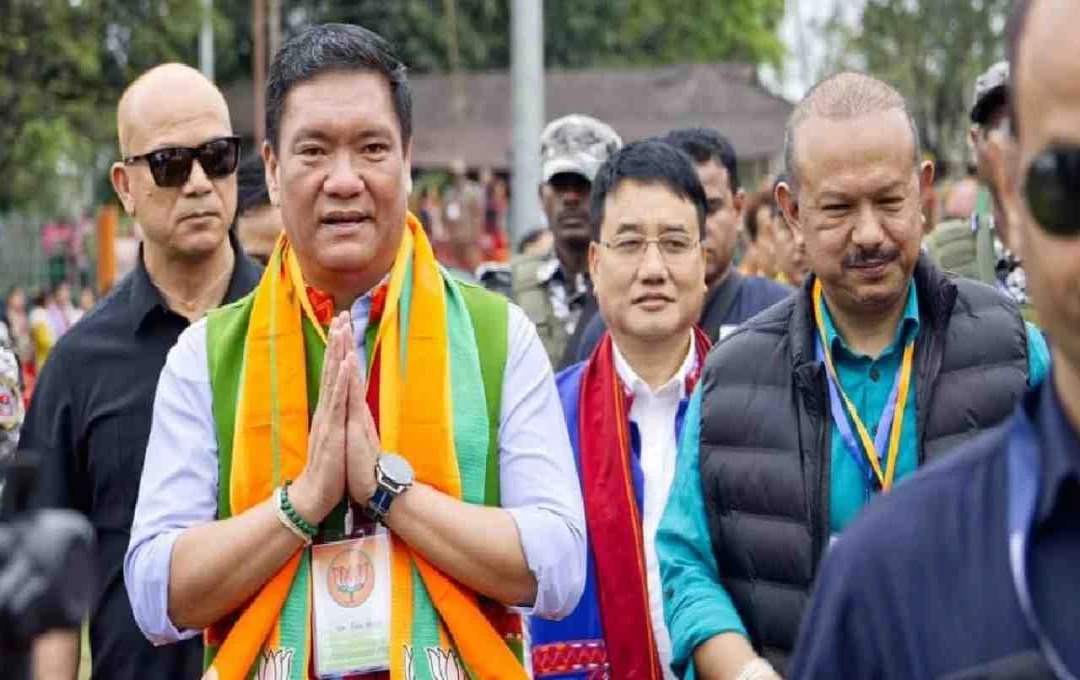New Tax Rates Applicable in GST 2025. Essential Commodities to Become Cheaper with 5% and 18% Slabs. Health Insurance to Benefit. Congress Criticizes Central Government for Taxing Farmers.
GST 2025: The Central GST Council has approved the new GST rates to be implemented from September 22. The meeting this time has given the go-ahead to a two-tier tax structure. Under this, the rates for essential goods and services have been set at 5% and 18%. The objective of this reform is to simplify the GST system for common citizens and businesses and to reduce the prices of essential commodities.
Specifically, individuals opting for health insurance are expected to benefit more from this new arrangement. While BJP leaders have lauded this initiative of GST reform, the National President of Congress, Mallikarjun Kharge, has launched a sharp attack on the government.
BJP Welcomes GST Reform
The government and BJP leaders state that the new tax rates will provide relief to the public. The implementation of a two-tier system with 5% and 18% rates will particularly lead to a reduction in the prices of essential goods and services like health insurance. Additionally, compliances will be made easier for small businesses and MSMEs.
The BJP claims that GST reform will increase transparency in the market and reduce the possibility of tax evasion. Along with this, the government hopes that this step will boost investment and economic growth in the country.
Congress Targets the Move
Congress National President Mallikarjun Kharge criticized the decision, stating that despite advocating for a decade, the central government has made GST more complex instead of simplifying it. He alleged that the government has, for the first time, imposed taxes on farmers.
Kharge posted on the social media platform X, saying that the Modi government has changed the principle of "One Nation, One Tax" to "One Nation, Nine Taxes." He added that this includes slabs of 0%, 5%, 12%, 18%, 28% along with special rates of 0.25%, 1.5%, 3%, and 6%.
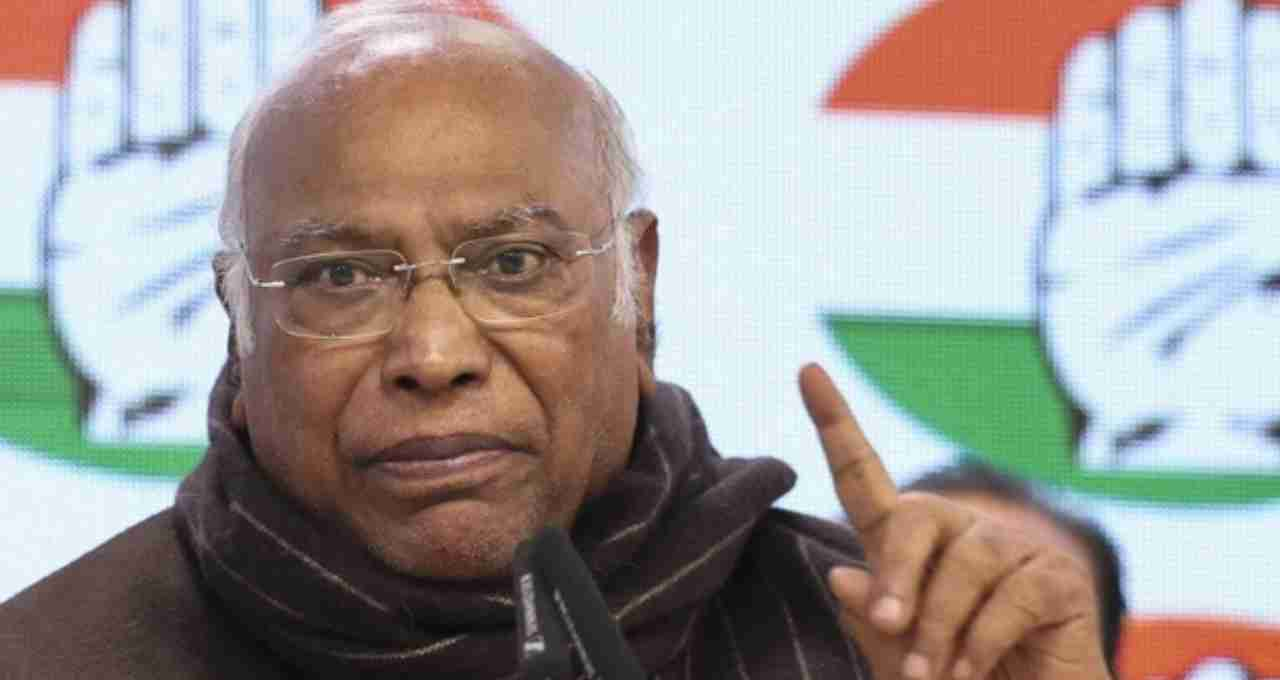
Congress Demands Related to GST Reform
Mallikarjun Kharge stated that the Indian National Congress has been demanding reforms in GST for approximately ten years. He mentioned that Congress, in its manifestos for 2019 and 2024, had highlighted the need for GST 2.0 with a simple and rational tax system.
Kharge explained that the complex compliances have severely impacted MSMEs and small businesses, affecting their income and operations. Congress believes that the new two-tier tax system will definitely provide relief, but the interests of farmers and small businesses should have been considered first.
Impact on Farmers and MSMEs
The complex GST rates and compliances used to put farmers and small businesses in difficulties. Higher tax rates on many essential commodities led to increased prices of goods in rural areas, consequently affecting farmers' incomes.
Now, with the implementation of the two-tier system of 5% and 18%, farmers and small businesses are likely to find relief. Health insurance and essential commodities will also become cheaper. However, Congress maintains that the government should have addressed the issues faced by farmers first.
Government's Perspective
The central government claims that this reform will make the tax system simpler and more transparent. Furthermore, compliances for traders and industrialists will be eased. The new two-tier tax system will reduce the complex GST slabs and lower the prices of essential commodities.
The government's objective is to increase GST collection and promote investment in the country's economy. A reduction in tax rates in sectors like health insurance will also directly benefit the general public.
Political Debate Between Congress and BJP
The political debate between the BJP and Congress has intensified over the GST reform. While the BJP describes it as a reform for the public and businesses, the Congress labels it as detrimental to farmers and small businesses.
Mallikarjun Kharge stated that the government has turned GST into "One Nation, Nine Taxes," which is contrary to the earlier principle of "One Nation, One Tax." He alleged that the government is solely focused on increasing revenue, ignoring the interests of the public and farmers.
